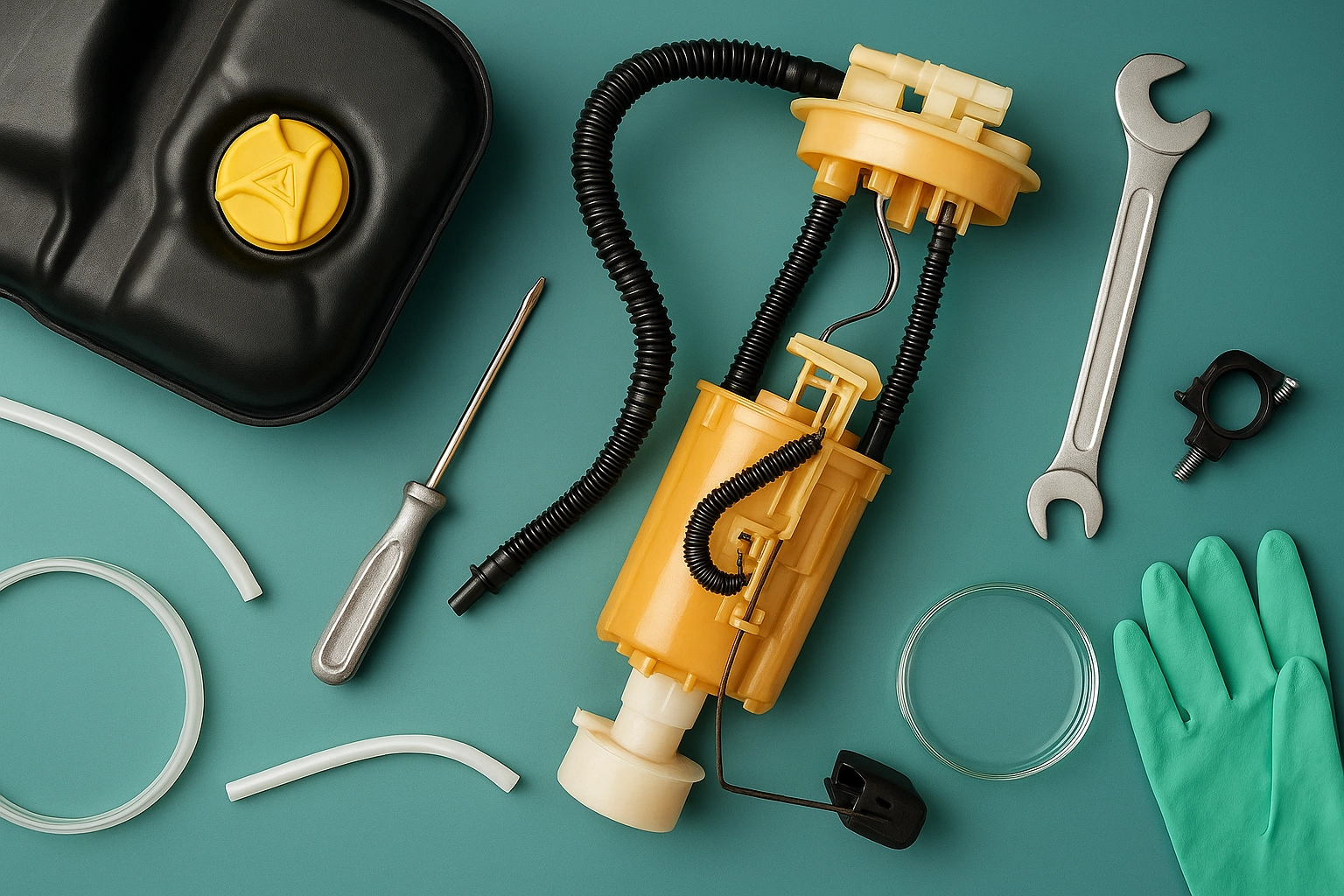ISO 11439 CNG Fuel Cylinder Performance Test
The ISO 11439 standard outlines a comprehensive performance test for CNG (Compressed Natural Gas) fuel cylinders. This test is crucial in ensuring the safety and reliability of CNG fuel systems used in vehicles, equipment, and other industrial applications. The primary purpose of this test is to evaluate the structural integrity, burst pressure, and overall performance of the fuel cylinder under various operating conditions.
The testing process involves subjecting a CNG fuel cylinder to a series of prescribed tests that replicate real-world conditions. These tests are designed to simulate the stresses and strains encountered during normal operation and to identify any potential weaknesses or flaws in the cylinder's design and construction. The test procedure is meticulously outlined in ISO 11439, which provides clear guidelines for all aspects of the testing process.
The first step in this test involves a visual inspection of the fuel cylinder to ensure that it meets the required specifications and has no visible defects. This inspection is followed by a pressure test, where the fuel cylinder is subjected to a specified pressure to check its integrity. The pressure applied during this test must not exceed the burst pressure of the cylinder as stated in ISO 11439.
After passing the initial pressure test, the fuel cylinder undergoes additional tests such as leak detection and temperature cycling. Leak detection ensures that there are no leaks in the cylinder's structure or connections, which could lead to gas loss or safety hazards. Temperature cycling simulates the thermal stresses experienced by the fuel cylinder during operation, ensuring its durability and reliability.
The data collected from these tests is meticulously recorded and analyzed according to ISO 11439 criteria. This analysis helps in determining whether the fuel cylinder meets the required performance standards and can be approved for use. The results of this test are crucial for quality managers, compliance officers, R&D engineers, and procurement teams involved in ensuring the safety and reliability of CNG fuel systems.
By adhering to ISO 11439, manufacturers and suppliers can ensure that their products meet stringent international standards. This not only enhances the reputation of the company but also ensures customer satisfaction by providing safe and reliable products. The test procedure is designed to be robust and comprehensive, ensuring that no aspect of the fuel cylinder's performance goes unnoticed.
Applied Standards
| Standard | Description |
|---|---|
| ISO 11439 | A comprehensive standard for testing the performance of CNG fuel cylinders, ensuring their structural integrity and burst pressure. |
Eurolab Advantages
At Eurolab, we pride ourselves on delivering high-quality testing services that meet the highest international standards. Our team of experts is well-versed in ISO 11439 and other relevant standards, ensuring accurate and reliable test results. We use state-of-the-art equipment to perform these tests, providing precise measurements and data analysis.
Our commitment to excellence extends beyond just performing the tests; we also offer comprehensive support throughout the entire testing process. From initial consultation to final reporting, our team is dedicated to ensuring that you receive the best possible service. Our advanced facilities and experienced staff guarantee that every test is conducted with precision and care.
We understand the importance of compliance in the automotive industry, which is why we stay updated on all relevant standards and regulations. This ensures that our testing services are always up-to-date and meet the latest requirements. With Eurolab, you can trust that your products will undergo thorough and reliable testing to ensure their safety and performance.
Customer Impact and Satisfaction
- Increased confidence in product quality and reliability
- Enhanced reputation among customers and industry partners
- Improved compliance with international standards
- Potential reduction in warranty claims and product recalls
- Increased market competitiveness through superior product performance





